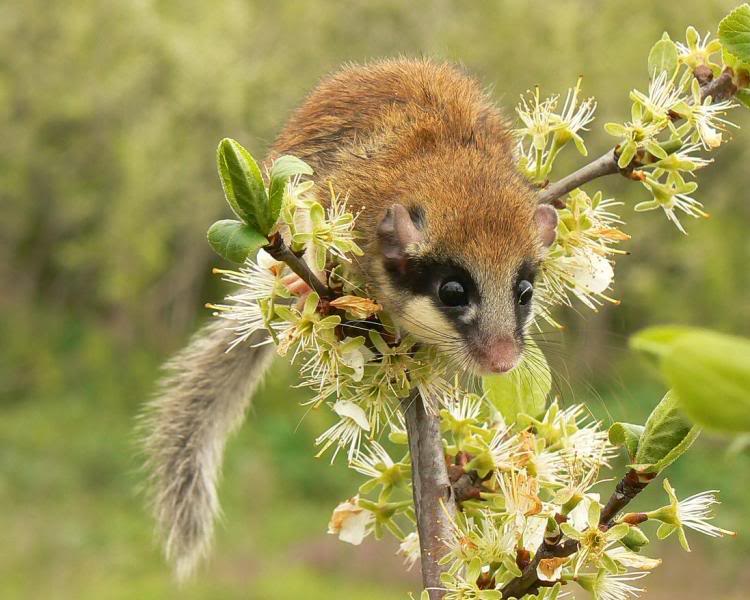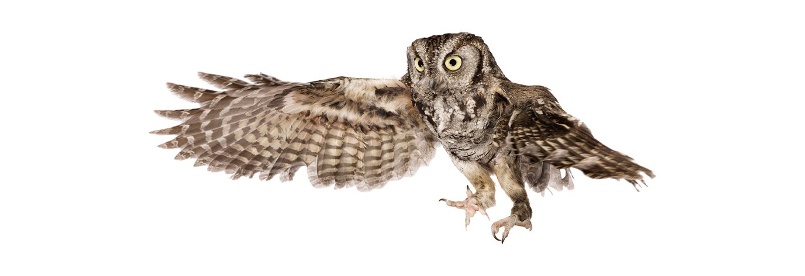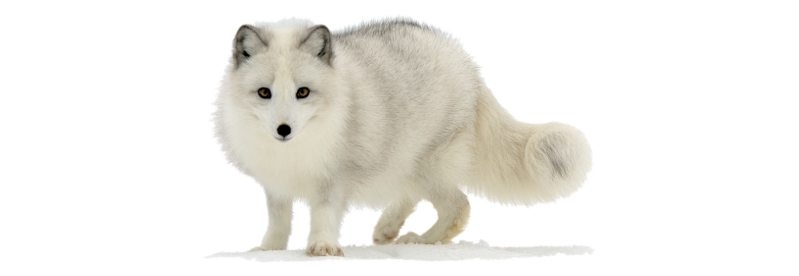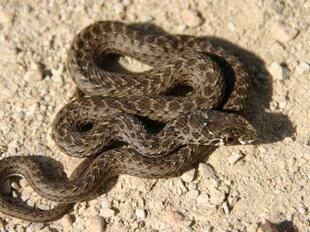
Forest dormouse(Dryomys nitedula)
Phylum —chordata
Class — mammalia
Order — rodentia
Family — gliridae
Genus – dryomys
Appearance
On average, the Forest dormouse is 110 mm long with a fluffy grey tail nearly as long as its body. The head and body length can range from 80 mm to 130 mm, while the length of the tail can range from 60 mm to 113 mm. The range of its body mass is between 18 grams and 34 grams. The fur on the upper parts of the body is grayish-brown while the underparts are yellowish-white. A black stripe surrounds the eye and extends to the small ear. The whiskers form a bushy tuft about 10mm long. There are six pads on each paw.
Habitat
The range of the Forest dormouse is from Switzerland in the west, through central, eastern and southern Europe, the Balkan Peninsula, northward to the Baltic Sea and eastward to the Volga River and the Ural Mountains in Russia. Isolated populations occur outside this range, including in Israel, central Iran, Afghanistan, the Tien Shan mountains and Sinkiang in China.
Behavior
Forest dormice spend a great amount of time in trees. They are capable of climbing with excellent agility as well as leap to and from branches as great as 2 meters apart from one another. This species has a natural tendency to create temporary nests which are fragile. This species does not spend much time in these temporary nests because much more energy is placed in making the natal nests.
This species is nocturnal. It is also very territorial. Adults live in low densities, usually only two to three per acre. Their territory range is from 65 to 100 m (213 to 328 ft) in diameter.
Forest dormice produce a variety of noises for a variety of reasons. The most significant is the sound for an alarm call which is a melodious squeak. They also have the ability to produce ultrasounds which are used for communication. The different communication methods that forest dormice use are visual, tactile, acoustic, and chemical. It is not known exactly how these forms of communication are used specifically for this species.
Diet
Forest dormice are omnivores. They eat leaves as well as choice flowers, fruits, and nuts. They also eat arthropods, eggs, and young birds. Animal matter is observed to be preferred dietary item during the summer.
Reproduction
The breeding season for Forest dormice varies throughout the species' range. The gestation period is between 21 and 30 days. Usually 2 to 5 individuals are born per litter, although occasionally up to 7 may be possible.Each offspring weighs approximately 2 g at birth. Eyes do not open until around day 16 of life, and independence from the mother is not achieved until the young are 4 to 5 weeks of age.
Dryomys nitedula can be expected to live up to 5.5 years in the wild.
In captivity
In captivity, dormice are quickly tamed and can become one of the most interesting inhabitants of the small zoo.
Dormice need space and movement, but it is advisable not to let them into the room, since each capture is a stress for them. In a spacious cage, or better in an aviary, put a house, a wheel and structures made of strong trunks and branches for climbing. For the nest put straw, dry leaves, hay.
In general, care for them is similar to the care of squirrels, the food is the same, you should not give only cones, and the diet should be limited up to 30 g of juicy mass per day. In nutrition it is preferable to give nuts (chestnuts, walnuts, almonds), acorns, beech nuts, sweet berries, all kinds of fruits, and they also like to eat insects. It is also necessary to give young green twigs to gnaw.
Dormice drink water every day, you can not replace it with fruit. Animals are easily overfed.
Dormice live well in pairs and companies, bring offspring. They do not hibernate in warm rooms. This violation of the usual rhythm of annual life affects their activity and ability to reproduce. To achieve reproduction of these animals in captivity, it is necessary to provide them with a rest period for the winter, transferring them to a room with a temperature no higher than + 5 °C.
 Russian
Russian
 English
English
























